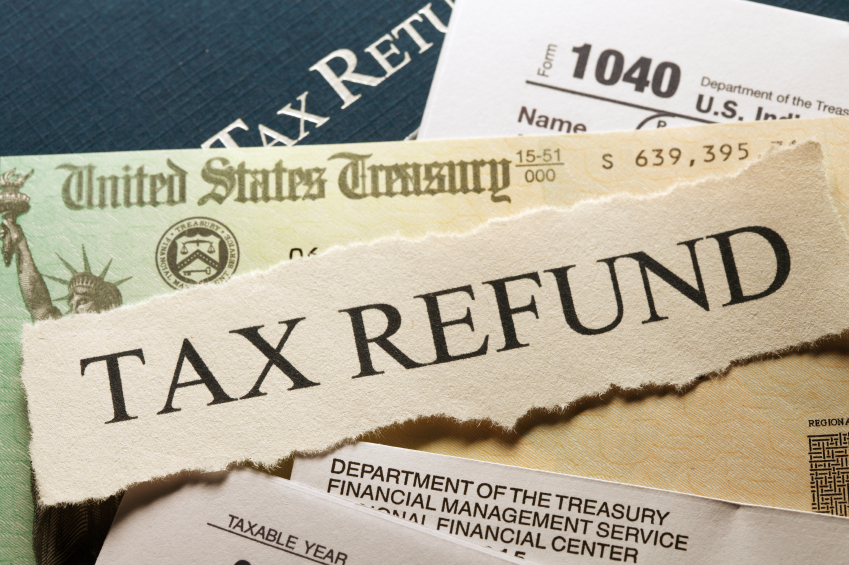You may look forward to receiving your tax refund in the hopes of covering any necessary or emergency expenses that have come up throughout the year. If you are in a Chapter 13 bankruptcy you may think that keeping your tax refund is necessary to help you cover needed family expenses. Unfortunately a Chapter 13 bankruptcy plan generally requires that any tax refund be paid into your Chapter 13 plan. Generally you will be required to submit your tax returns to the trustee every year and any refund that you received will be paid to the trustee. Tax refunds are generally seen as disposable income that is available to pay your creditors with.
Will May Tax Refund Reduce What I Need to Pay Into My Plan?
Most people assume that if the tax refund is being collected by the trustee then this will reduce the amount that you will have to pay into the plan. Tax refunds actually do not reduce the amount that you have to pay into your plan because the trustee just sees this as additional disposable income to pay creditors with. The amount from the tax refund will simply be used to give creditors an additional percentage.
What Are Your Options?
If you are receiving a large tax refund then you may want to adjust your exemptions prior to filing, in order to reduce the amount that is being withheld from your paycheck. This will allow you to reduce your tax refund and have more money available from your paycheck. If you plan to change your exemptions to reduce how much taxes are being withheld from your paycheck, then you need to make sure you do not reduce it so significantly that you end up owing taxes.
If you are in a plan that requires that you pay 100% of your debt back to creditors then you will not need to provide your tax refund to the trustee.
In some areas the trustees exercise some discretion and may allow you to keep the tax refund. In general most Chapter 13 plans require that you contribute your tax refund as part of your Chapter 13 plan. You should check with your local bankruptcy attorney to determine the general practices of the trustees in your area and whether the trustee may allow you to keep your tax refund.
You may also submit a motion to modify your Chapter 13 plan, where you request that you be allowed to keep your tax refund. You will have to provide evidence supporting that the refund was needed to cover certain necessary expenses and therefore was not disposable income available to pay creditors.

